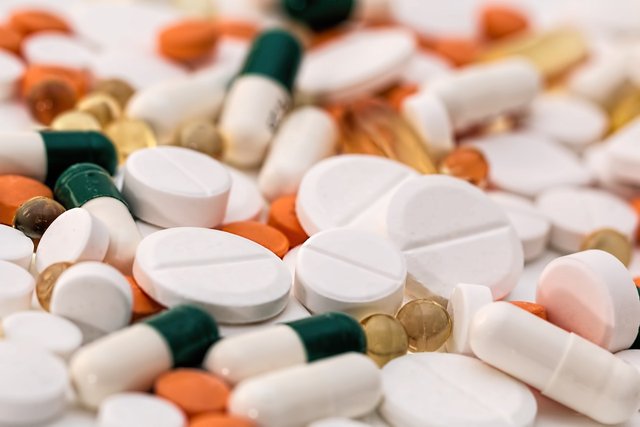The global consumption of these drugs is growing more and more accentuated, driven by low and middle income countries, where however per capita consumption is often still lower than those of rich countries. This dizzying increase risks facilitating the development of resistance.
From the year 2000 to 2015 the global consumption of antibiotics, both in absolute values and the average per capita, has grown dramatically. This trend poses a further challenge to attempts to curb the development of resistance to these drugs, which is one of the main threats to public health worldwide, as shown by a study by researchers at Princeton University, the ETH Zurich and University of Antwerp, who sign an article on "Proceedings of the National Academy of Sciences"
The loss of efficacy of antibiotics is largely due to inappropriate consumption patterns. However, while it is essential to reduce the use of these drugs, on the other hand it is also necessary to improve access to antibiotics in low-income countries, where the incidence of infectious diseases is higher and the number of causing deaths.
The study, carried out in 76 countries, showed a global increase in antibiotic consumption of 65 percent compared to 2000, reaching in 2015 the 35 billion "defined daily doses" (DDD); DDD is the standardized unit of measure that represents the maintenance dose (ie the dose after the initial administration with a higher dose) daily average for a drug used for its main indication in adults.
Between 2000 and 2015, the use of antibiotics in the low and middle income countries increased by a total of 114 percent (partly due to the increase in population), with an increase in consumption rates (DDD per capita) of 77 per cent, and showing a trend in line with the growth in gross domestic product (GDP) per capita. Even in high-income countries, the total consumption of antibiotics has increased, but only by 6%, and this has translated into a slight reduction (by 4%) in the rate of consumption.
However, many low-income countries still have significantly lower per capita consumption rates than those in high-income countries due to problems with access to medicines due to their high cost and patent protection.
By disaggregating data according to drug classes, the rate of consumption of broad-spectrum penicillins, the most widely used antibiotics, has increased by 36 percent worldwide (by 56 percent in low-income countries, and by 15 percent for one hundred of high-income countries). The consumption of the new classes of antibiotics of last resort (ie, those to be used after they have proved ineffective other antibiotics), such as linezolides, carbapenems and colistin, has increased significantly in almost all countries. The United States has remained one of the largest consumers of some of these drug classes, although in recent years the use of these new antibiotics in other countries, above all in India, has surpassed that of the United States.
"Now more than ever we need effective interventions, including responsible management, public education and the reduction of overuse of antibiotics of last resort," said Eili Klein, coauthor of the study, pointing out how to have a framework reliable use of them was an essential prerequisite for identifying the best solutions. In particular "solutions that reduce consumption, such as vaccines or infrastructural improvements, especially in low and middle income countries.New drugs can do little to solve the problem of resistance if they are used inappropriately once introduced".


Anti-biotic will last 6months in our blood.. hmm pretty bad.. could not donate blood at that time.. Good post by the way
Downvoting a post can decrease pending rewards and make it less visible. Common reasons:
Submit
Antibiotic consumption is also a problem in my country (Turkiye). People believe that they are powerful treatment for common cold and flu. When they come policlinics in hospital they insist the doctor to prescribe antibiotics. There are forty to sixty applicants to family medicine physicians in a day. Physicians have rush to care all of them. When patients didn't have antibiotics for common cold they tend to change the doctor. They complain about not being cure without antibiotics during common cold. We have trouble to change this strong belief as doctors.
Downvoting a post can decrease pending rewards and make it less visible. Common reasons:
Submit